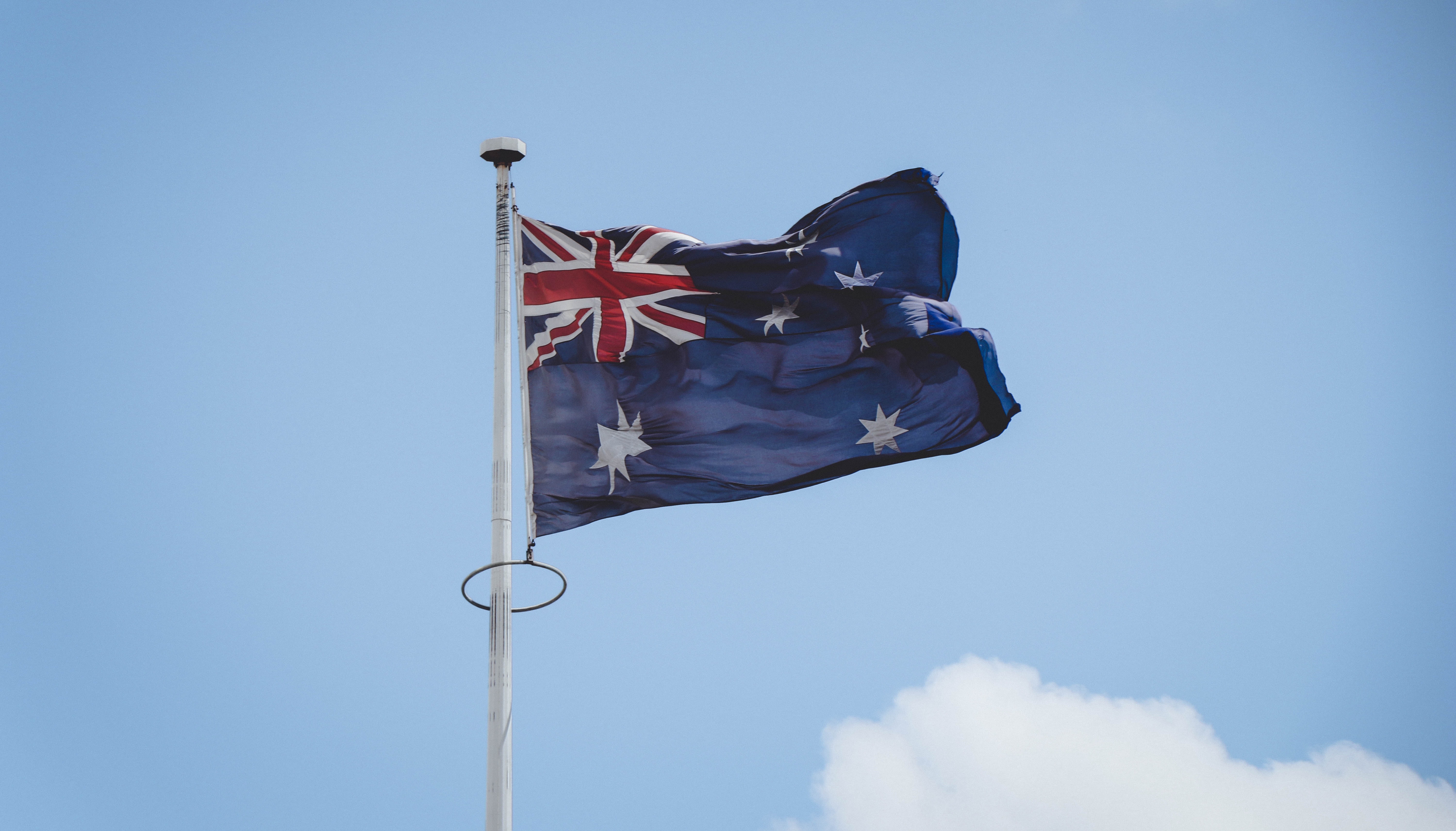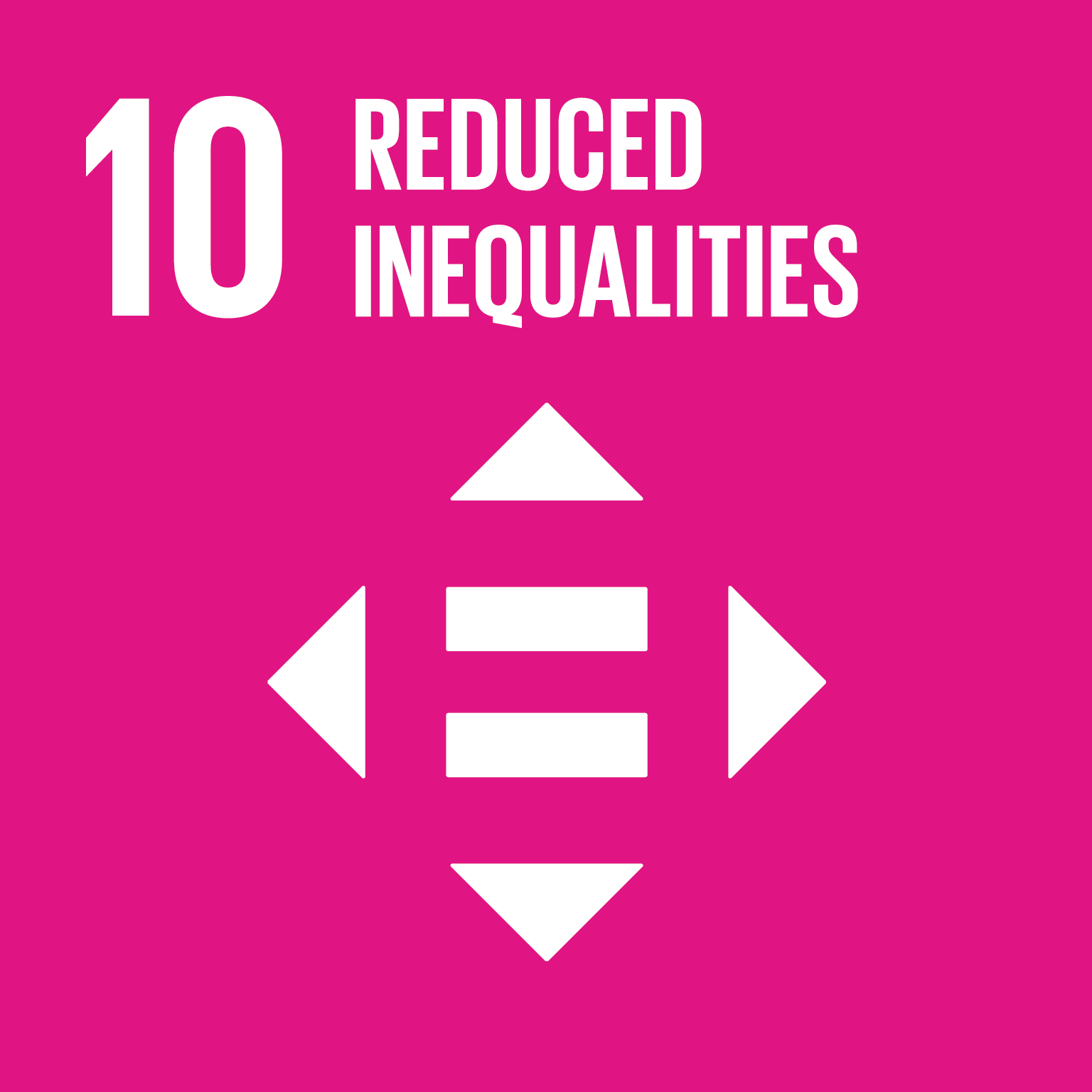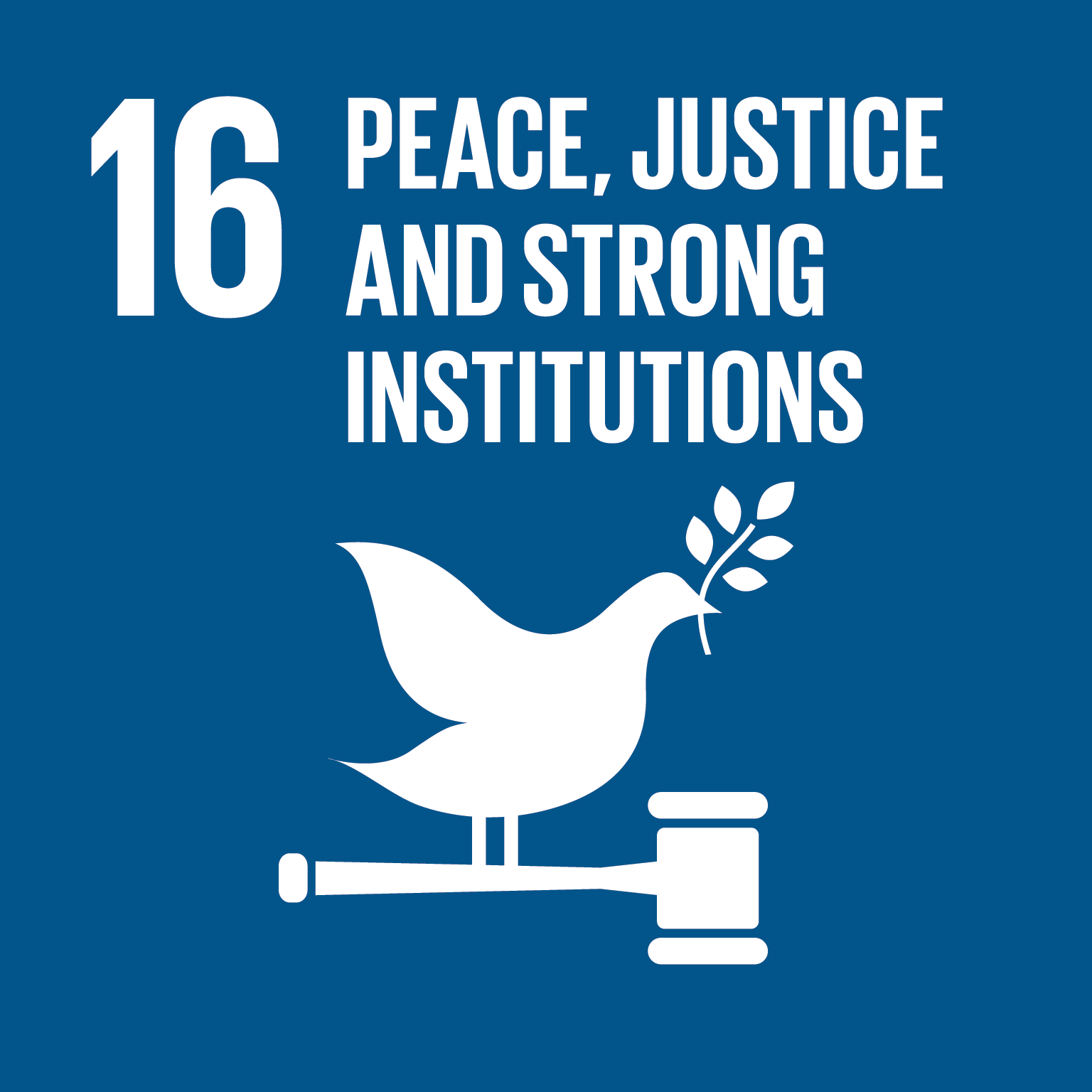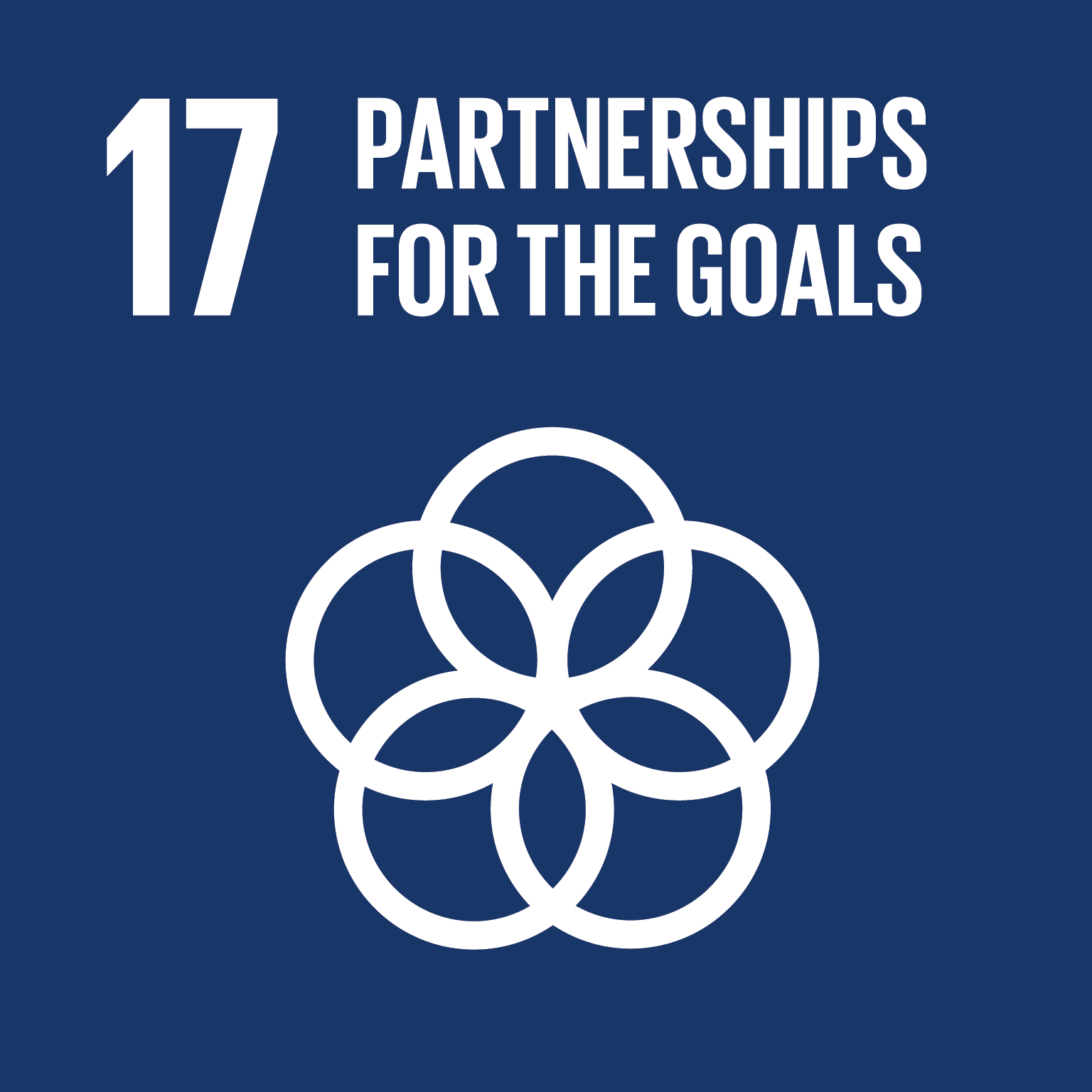This project was commissioned by the Australian Red Cross to inquire into the nature of humanitarianism in Australian society.
It was conceived against a backdrop of apparent declining public support for humanitarian causes worldwide and intensifying hostility in western societies especially, towards persons seeking asylum and towards refugees, primarily from Muslim-majority countries in the Middle East.
In this context, this project was framed with four principal objectives:
- to distil the insights of past inquiries and to situate this project amongst current studies of humanitarianism in Australia, this project conducted a literature review of published research into humanitarian and charitable attitudes, practices and histories of Australia and Australians.
- to gain insight into the current discursive and socio-political milieu, this project conducted an analysis of publications in Australian mainstream media that relate to international humanitarian issues and situations. Particularly focused-upon were opinion and commentary about these situations.
- to understand how some Australians have been moved to act upon humanitarian and charitable sensibilities, 17 face-to-face interviews were conducted with people who have established organisations, projects, ventures etc., to actively assist others in need.
- to build capacity to counter populist strategies and arguments by developing an extensive body of contrary evidence to support interventions in key public debates on humanitarian crises and responses, refugee and asylum seeker issues, and right-wing populist propaganda and mobilisations, through social media and in mainstream print and digital news

Project timeline: 2018
Key contributors:
- Paul Battersby
- Vandra Harris
- Julian CH Lee
Find out more:
- Related journal article - 'Australia Turning Inwards? Insights from Humanitarian Australians'
- Submission to Federal Parliament - Submission 67 (PDF)
This project addresses the following Sustainable Development Goals and Targets:
Goal 10 - Reduce inequality within and among countries
10.2 By 2030, empower and promote the social, economic and political inclusion of all, irrespective of age, sex, disability, race, ethnicity, origin, religion or economic or other status
Goal 16 - Peaceful and inclusive societies, justice for all and accountable and inclusive institutions
Target 16.1 Significantly reduce all forms of violence and related death rates everywhere
Target 16.b Promote and enforce non-discriminatory laws and policies for sustainable development
Goal 17 - Partnerships
Target 17.17 Encourage and promote effective public, public private and civil society partnerships, building on the experience and resourcing strategies of partnerships

Get in touch
For more information or to discuss partnership and collaboration opportunities, email us at SDGs@rmit.edu.au.
For more information about RMIT’s sustainability commitments and activities visit www.rmit.edu.au/sustainability





